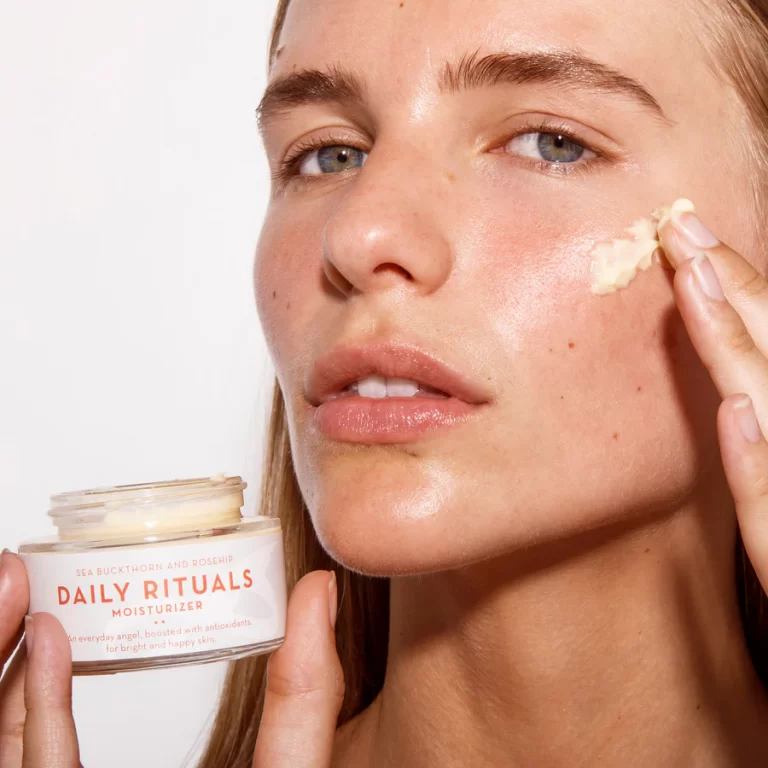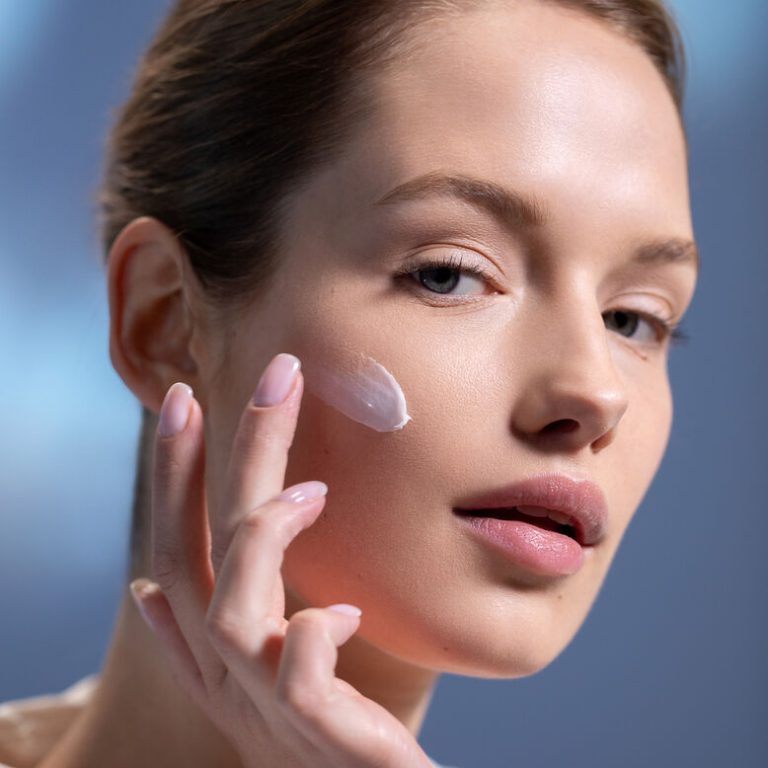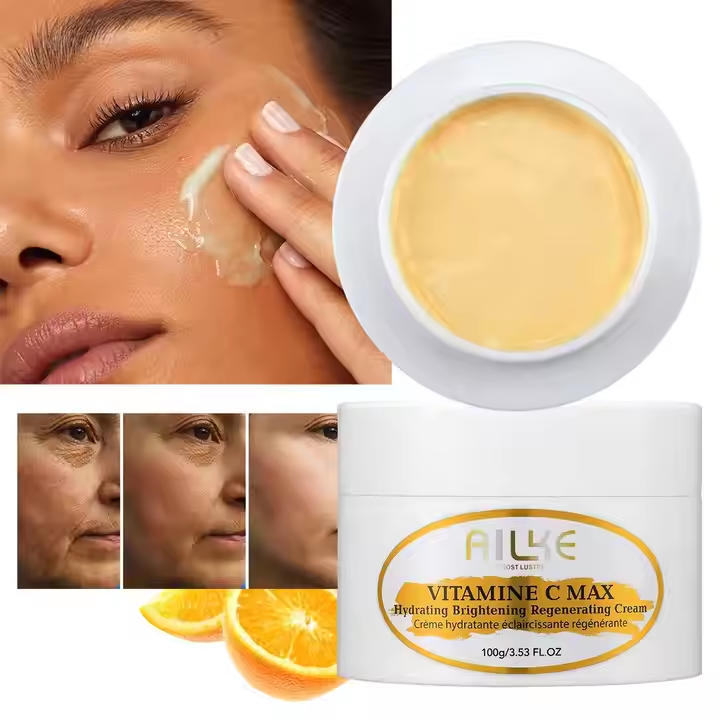
Unlocking Youthful Skin: The Best Anti-Aging Face Cream
Understanding Anti-Aging Face Creams
Best anti-aging face cream have become essential weapons in the battle against time. These powerful formulations target various signs of aging, including fine lines, wrinkles, and loss of firmness. Designed to nourish and rejuvenate the skin, these creams often contain a blend of active ingredients that work synergistically to promote a more youthful appearance. As skin ages, it loses elasticity and moisture, leading to visible signs of aging. Anti-aging creams aim to combat these issues by hydrating the skin, stimulating collagen production, and protecting against environmental damage.
While they can’t completely stop the aging process, these creams can significantly improve skin texture and appearance. Many people turn to these products as a non-invasive alternative to more drastic measures like cosmetic surgery. However, with countless options available on the market, choosing the right anti-aging face cream can be overwhelming. Understanding the key ingredients and how they work is crucial for making an informed decision.
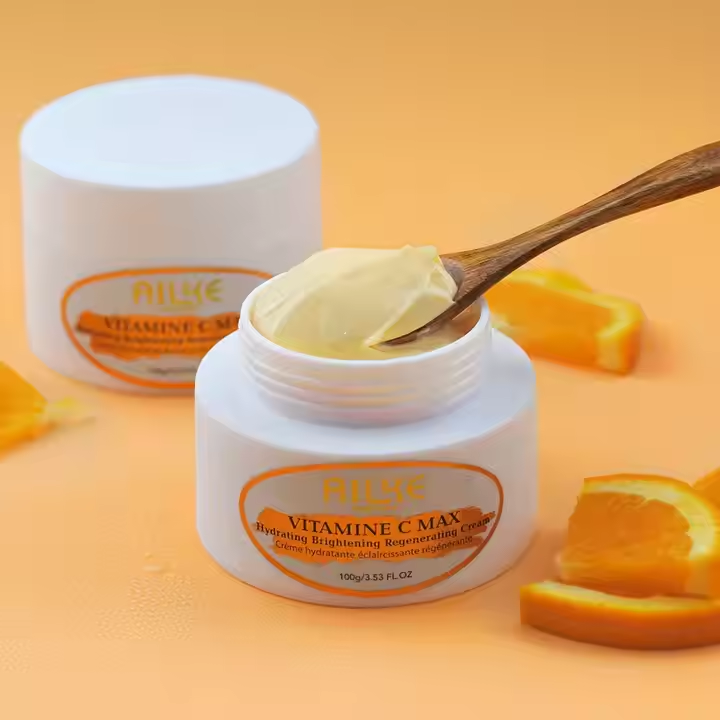
Key Ingredients in Effective Anti-Aging Creams
Effective anti-aging face creams typically contain a combination of powerful ingredients. Retinoids, derived from vitamin A, are considered the gold standard in anti-aging skincare. They work by increasing cell turnover and stimulating collagen production, which helps reduce fine lines and improve skin texture. Peptides, another crucial ingredient, are short chains of amino acids that signal the skin to produce more collagen. Hyaluronic acid is a popular hydrating ingredient that can hold up to 1000 times its weight in water, helping to plump the skin and reduce the appearance of fine lines.
Antioxidants such as vitamins C and E protect the skin from free radical damage and can help brighten the complexion. Niacinamide, a form of vitamin B3, helps improve skin elasticity and reduce the appearance of enlarged pores. Some creams also include natural ingredients like green tea extract or resveratrol, which have potent antioxidant properties. Sunscreen is often incorporated into daytime formulas to protect against UV damage, a major contributor to premature aging.
How Anti-Aging Creams Work
Anti-aging creams work through various mechanisms to combat the signs of aging. Firstly, they often contain moisturizing ingredients that help hydrate the skin, plumping it up and reducing the appearance of fine lines. Secondly, many of these creams include ingredients that stimulate collagen and elastin production. Collagen and elastin are proteins that give skin its structure and elasticity, but their production naturally decreases with age. By boosting these proteins, anti-aging creams can help improve skin firmness and reduce wrinkles over time.
Some creams also contain ingredients that exfoliate the skin, removing dead skin cells and promoting cell renewal. This can lead to a brighter, more even complexion. Additionally, certain formulations include ingredients that provide an immediate tightening effect, giving a temporary lift to the skin. Antioxidants in these creams work to neutralize free radicals, preventing further damage to the skin. It’s important to note that while these creams can produce noticeable improvements, they typically require consistent use over several weeks or months to achieve optimal results.

Choosing the Right Anti-Aging Cream for Your Skin Type
Selecting the right anti-aging cream involves considering your specific skin type and concerns. For oily or acne-prone skin, look for lightweight, non-comedogenic formulas that won’t clog pores. These often come in gel or serum form and may contain ingredients like salicylic acid to help control excess oil. Dry skin types benefit from richer creams with added moisturizing ingredients such as hyaluronic acid or ceramides. Those with sensitive skin should opt for fragrance-free formulas with soothing ingredients like aloe vera or chamomile.
For mature skin, creams with higher concentrations of active ingredients like retinol or peptides may be more effective. Combination skin types might prefer using different products on different areas of the face or choosing a balanced formula suitable for all skin types. It’s also important to consider any specific skin concerns, such as hyperpigmentation or rosacea, and look for creams that address these issues alongside their anti-aging effects. Remember, the best anti-aging cream is one that suits your individual skin needs and concerns.
Application Tips for Maximum Effectiveness
To get the most out of anti-aging face creams, proper application is key. Start with clean, dry skin to ensure the product can penetrate effectively. Many dermatologists recommend applying these creams at night when the skin’s natural repair processes are most active. However, if the cream contains sunscreen, it should be applied in the morning. Use gentle, upward motions when applying the cream to avoid pulling on the skin, which can contribute to sagging.
Pay special attention to areas prone to wrinkles, such as around the eyes and mouth. Some creams may require a specific application technique, so always read and follow the product instructions carefully. Consistency is crucial – most anti-aging creams need to be used regularly over several weeks or months to see results. Don’t forget to extend the application to the neck and décolletage area, as these often show signs of aging too. For best results, incorporate the anti-aging cream into a comprehensive skincare routine that includes cleansing, toning, and sun protection.
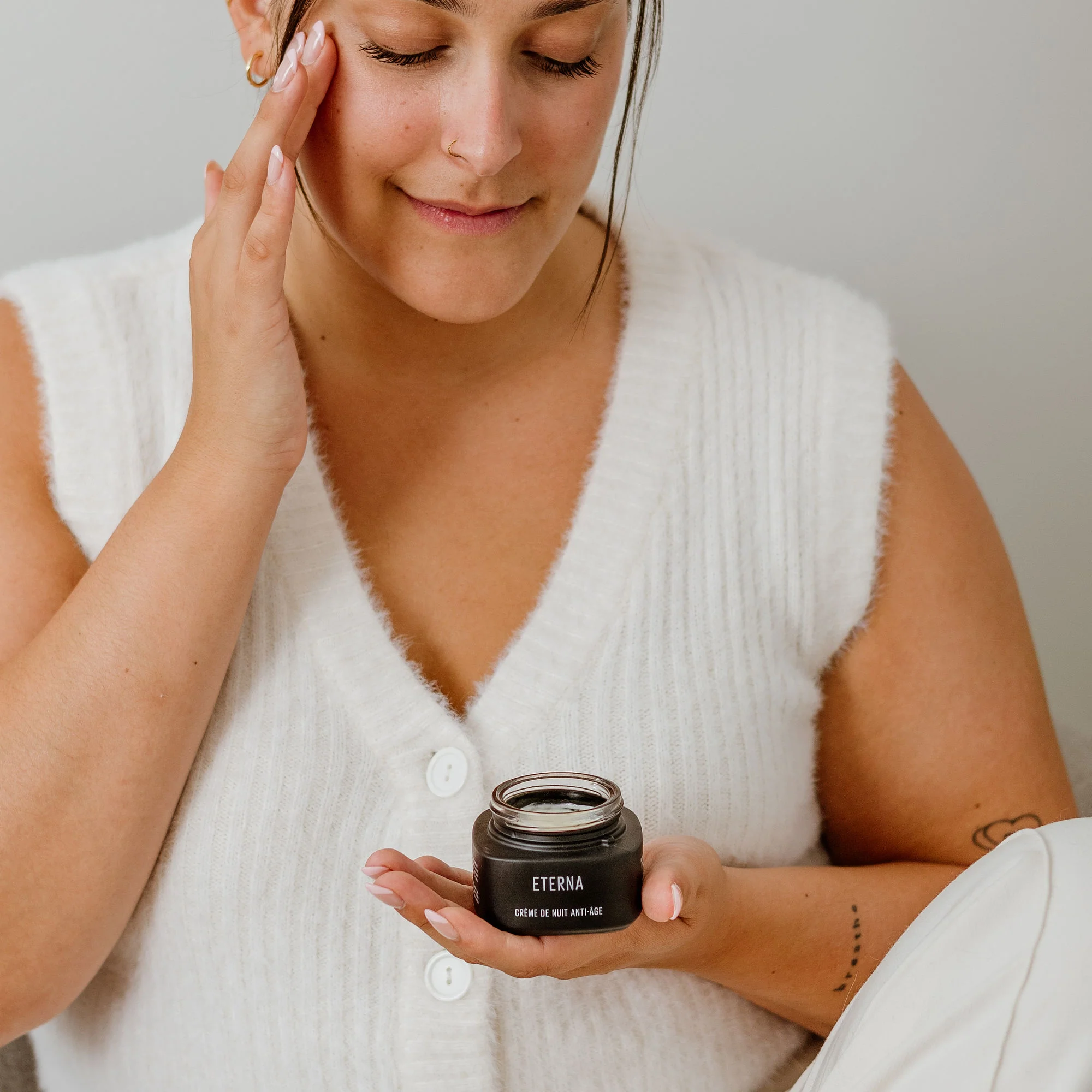
Potential Side Effects and Precautions
While anti-aging creams can offer significant benefits, they may also cause side effects in some users. Common side effects include redness, irritation, or dryness, especially when first starting to use the product. These reactions are often temporary and subside as the skin adjusts to the new ingredients. However, if irritation persists or worsens, discontinue use and consult a dermatologist. Some ingredients, particularly retinoids, can increase skin sensitivity to sunlight, making proper sun protection essential.
Pregnant or breastfeeding women should consult their healthcare provider before using anti-aging creams, as certain ingredients may not be safe during these periods. It’s also important to perform a patch test before applying a new product to your entire face, especially if you have sensitive skin or a history of allergic reactions. Lastly, be cautious about using multiple active ingredients simultaneously, as this can increase the risk of irritation. Start with one product and gradually introduce others to allow your skin time to adjust.
Combining Anti-Aging Creams with Other Skincare Products
Incorporating anti-aging creams into an existing skincare routine requires some consideration. These creams often work well in conjunction with other skincare products, but the order of application matters. Generally, apply products from thinnest to thickest consistency. Start with a gentle cleanser to remove dirt and oil, followed by a toner if you use one. Next, apply any serums or treatments, then the anti-aging cream. Finish with a moisturizer and sunscreen (if it’s daytime and your anti-aging cream doesn’t already contain SPF).
Some ingredients in anti-aging creams, like retinoids, can make the skin more sensitive to other active ingredients. Therefore, it’s best to introduce new products gradually and monitor how your skin reacts. Consider alternating the use of anti-aging creams with other active treatments on different nights to avoid overwhelming the skin. Remember that overloading the skin with too many products can lead to irritation and may actually counteract the benefits of the anti-aging cream. A simple, consistent routine often yields the best results.
Realistic Expectations and Timeline for Results
When using anti-aging face creams, it’s crucial to maintain realistic expectations. These products can certainly improve skin texture, firmness, and overall appearance, but they won’t produce the dramatic results of surgical procedures. Results vary depending on factors such as age, skin condition, and the specific product used. Generally, users might start to see some improvement in skin texture and hydration within a few weeks of consistent use. However, more significant changes in skin firmness and reduction of fine lines typically take several months to become noticeable.
Some products may provide an immediate brightening or tightening effect, but this is usually temporary. The long-term benefits come from consistent use over time. It’s also important to note that once you stop using the product, your skin will gradually return to its previous state. Therefore, ongoing use is necessary to maintain results. Taking before and after photos can help track progress, as day-to-day changes may be subtle. Remember, anti-aging creams are most effective as part of a comprehensive approach to skincare and overall health.
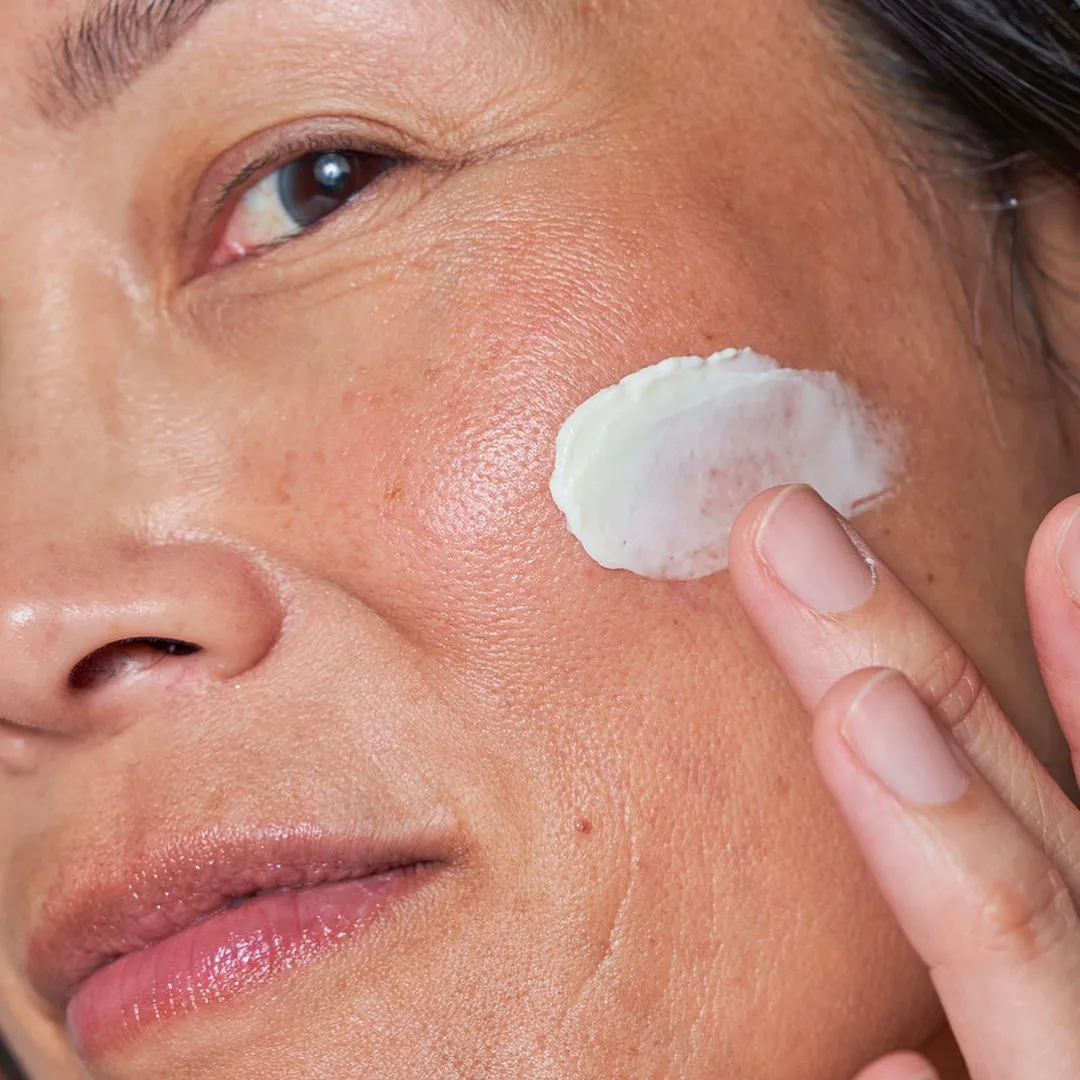
Professional Treatments vs. At-Home Anti-Aging Creams
While at-home anti-aging creams offer convenience and cost-effectiveness, professional treatments can provide more dramatic results. Professional options include chemical peels, microdermabrasion, laser treatments, and injectables like Botox or fillers. These treatments often deliver more immediate and noticeable results compared to creams. However, they also come with higher costs, potential downtime, and in some cases, a higher risk of side effects. At-home creams, on the other hand, are less invasive and can be easily incorporated into daily routines.
They’re also more suitable for maintaining results between professional treatments or for those who prefer a gentler approach to anti-aging skincare. Some individuals opt for a combination of both, using at-home creams for daily maintenance and occasional professional treatments for more significant improvements. Ultimately, the choice between professional treatments and at-home creams depends on individual preferences, budget, and desired results. Consulting with a dermatologist can help determine the best approach for your specific skin concerns.
The Role of Lifestyle in Anti-Aging Skincare
While anti-aging creams can be effective, they work best when combined with a healthy lifestyle. A balanced diet rich in antioxidants, vitamins, and minerals supports overall skin health. Foods high in omega-3 fatty acids, for example, can help maintain skin elasticity and hydration. Staying hydrated is also crucial for maintaining plump, youthful-looking skin. Regular exercise improves circulation, which can help nourish skin cells and promote a healthy glow.
Adequate sleep allows the skin time to repair and regenerate. Stress management is another important factor, as chronic stress can accelerate skin aging. Avoiding smoking and limiting alcohol consumption can also contribute to better skin health. Sun protection is particularly crucial – even the most effective anti-aging cream can’t counteract the damage caused by excessive sun exposure. Using a broad-spectrum sunscreen daily, wearing protective clothing, and avoiding peak sun hours can significantly slow down the aging process. By adopting these healthy habits alongside the use of anti-aging creams, individuals can maximize their chances of achieving and maintaining youthful, radiant skin.
